If you follow politicians on Twitter, you’ll be aware of a curious phenomenon that is sweeping the land.
As the campaign heats up ahead of Thursday’s local elections, everyone, but everyone, is getting “a great reception on the doorsteps”.
This is somewhat unexpected, given the lowly reputation of the political caste – usually beaten in unpopularity only by members of my own trade. But my feed is chokka with photos of gurning, pale creatures in ill-advised leisurewear and colourful rosettes haunting nondescript shopping centres and suburban streets across Scotland.
“Getting a great reception on the doorsteps,” they chirp. All of them.
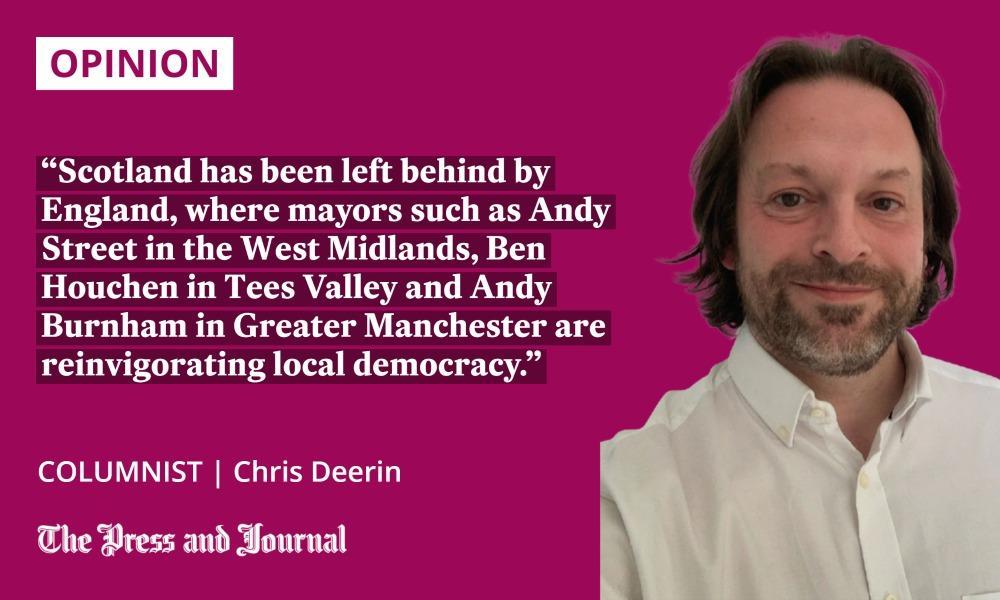
Perhaps this is true. But, if so, it can only be down to the innate politeness (cough) of the average Scottish voter. In my experience, especially over the past few years, conversations about politicians tend to be expletive-ridden rants, and often culminate in inventive anatomical recommendations for where they can stick their ballot papers.
The thing is, candidates are in The Zone. At this stage in the electoral process, even the cross-eyed wee fella standing for the Slaughter of the Firstborn Party believes he is on course for a historic victory and is hurriedly working up policies on local roundabouts and potholes. It happens every time.
In the event, nothing much is likely to change on Thursday. Our complex single transferable vote (STV) system for these elections means most councils will continue to be run by an assortment of minority administrations and weird and wonderful coalitions of people who would normally cross the street to avoid one another.
The SNP will comfortably be the largest party, and the main drama is whether, as looks likely, Labour can knock the Conservatives into third place.
Local authorities have been stripped of power
So, why are you voting? Well, first, you should always vote – it is a civic duty and, in my experience, taking part makes me feel better about myself and my country. It makes me feel a part of something bigger than myself.
Second, you’ll be voting for something, and possibly against something. According to Nicola Sturgeon, this is a chance to send a message to Boris Johnson that his government, its immigration policy, its economic choices and partygate are not OK with Scots.
“Scotland has an opportunity to force the Tories to act on the cost-of-living crisis. Together our votes can send a political shockwave through Downing Street. We can put Boris Johnson and Rishi Sunak under real pressure to act now to help families out”: @NicolaSturgeon #VoteSNP
— Peter Murrell (@PeterMurrell) May 2, 2022
According to Labour, it’s an opportunity to let Sturgeon know that her tired government must do better as it languishes amid lost documents over rotten ferry contracts, a declining education system, and an obsession with a second independence referendum that, despite the rhetoric, has zero chance of taking place next year.
This absorption of the local into devolved and Westminster politics is not, for my money, a good thing. I look around Scotland’s high streets and see shuttered shops, crumbling infrastructure and growing numbers of homeless people. Many schools are nowhere near as good as they could or should be. Our bin collection has been reduced to once every four weeks, which, for a large family like mine, means additional monthly trips to the local dump.
I’m not looking to send a messages about independence, or Boris Johnson, or anything else. Yet, that is how my vote will be used in its aftermath
The only opportunity I have to make my voice heard about all this is in council elections – I’m not looking to send a messages about independence, or Boris Johnson, or anything else. Yet, that is how my vote will be used in its aftermath.
And, in truth, our local authorities have been so stripped of power and meaning that their ability to tackle our concerns has been heavily diminished. They have almost no revenue-raising powers, have undergone years of a council tax freeze imposed from Holyrood, have had their budgets slashed due to a mix of austerity at Westminster and the SNP at Holyrood spending our money on different priorities.
More mayors and greater economic freedom
As someone who writes about politics for a living, I’m ashamed to say I couldn’t tell you the name of my council leader, or in fact any of our councillors. I wish it were otherwise – I think our cities should have directly-elected mayors who form a personal covenant with voters to tackle the most essential local issues, whether they be street crime, the collapse of retail, the rethinking of city centres or whatever.
In this regard, Scotland has been left behind by England, where mayors such as Andy Street in the West Midlands, Ben Houchen in Tees Valley and Andy Burnham in Greater Manchester are reinvigorating local democracy.
I’d also like to see councils given greater economic freedom, perhaps through a general fiscal power that would allow them to impose discrete local taxes – Edinburgh’s tourist tax, for example, or perhaps a forestry tax in the Highlands.
Without any of this, it’s perhaps no surprise that turnout on Thursday will be shamefully low. At the last council elections in 2017, it was 47%, which shows the paltry level of voter engagement.
A better Scotland would have freer, more empowered local government. That’s the independence I want to see.
Chris Deerin is a leading journalist and commentator who heads independent, non-party think tank, Reform Scotland
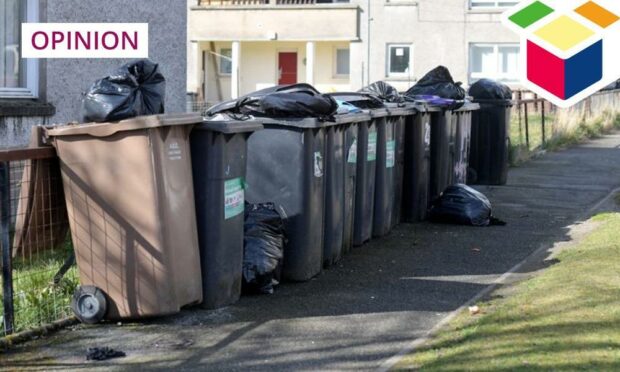
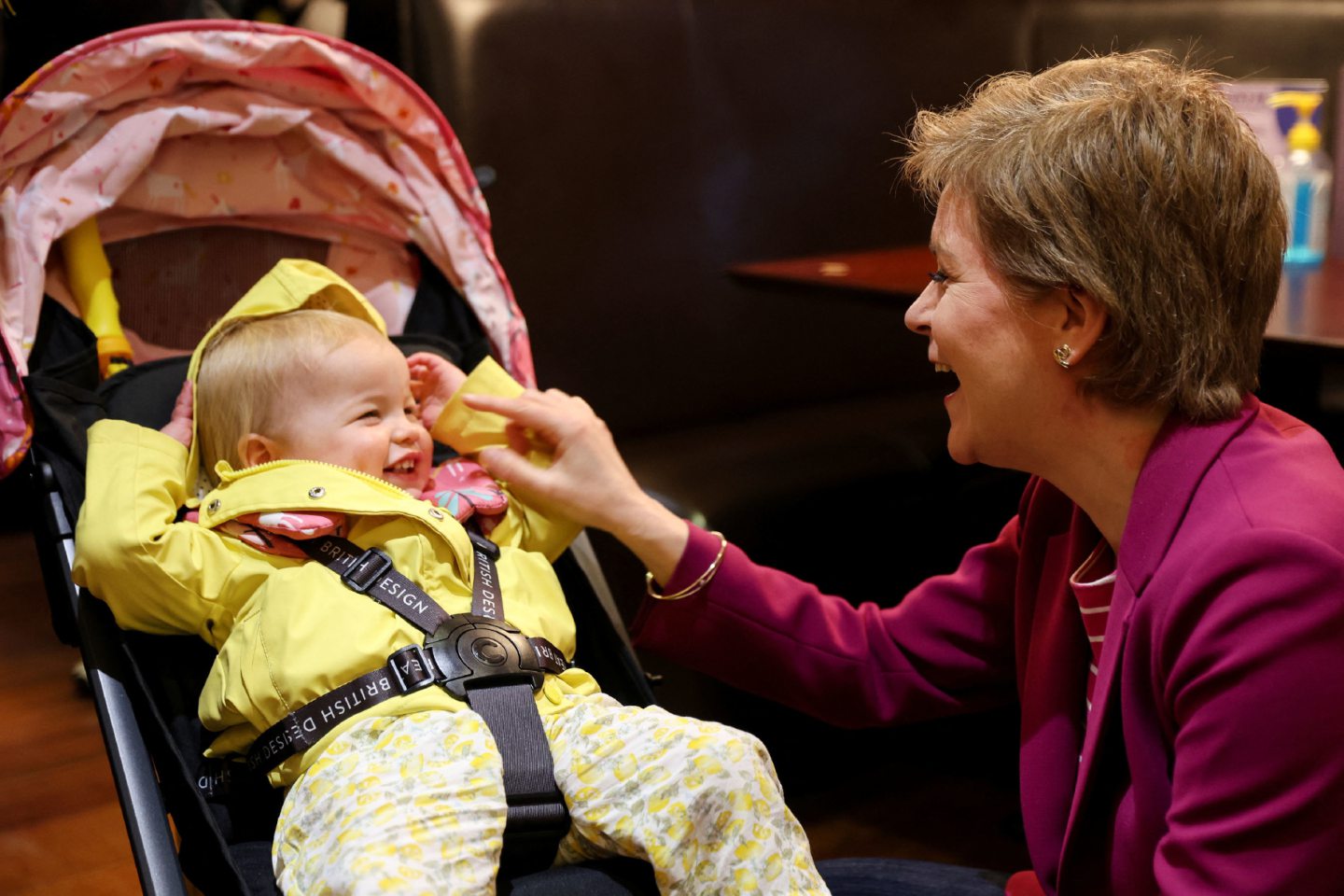
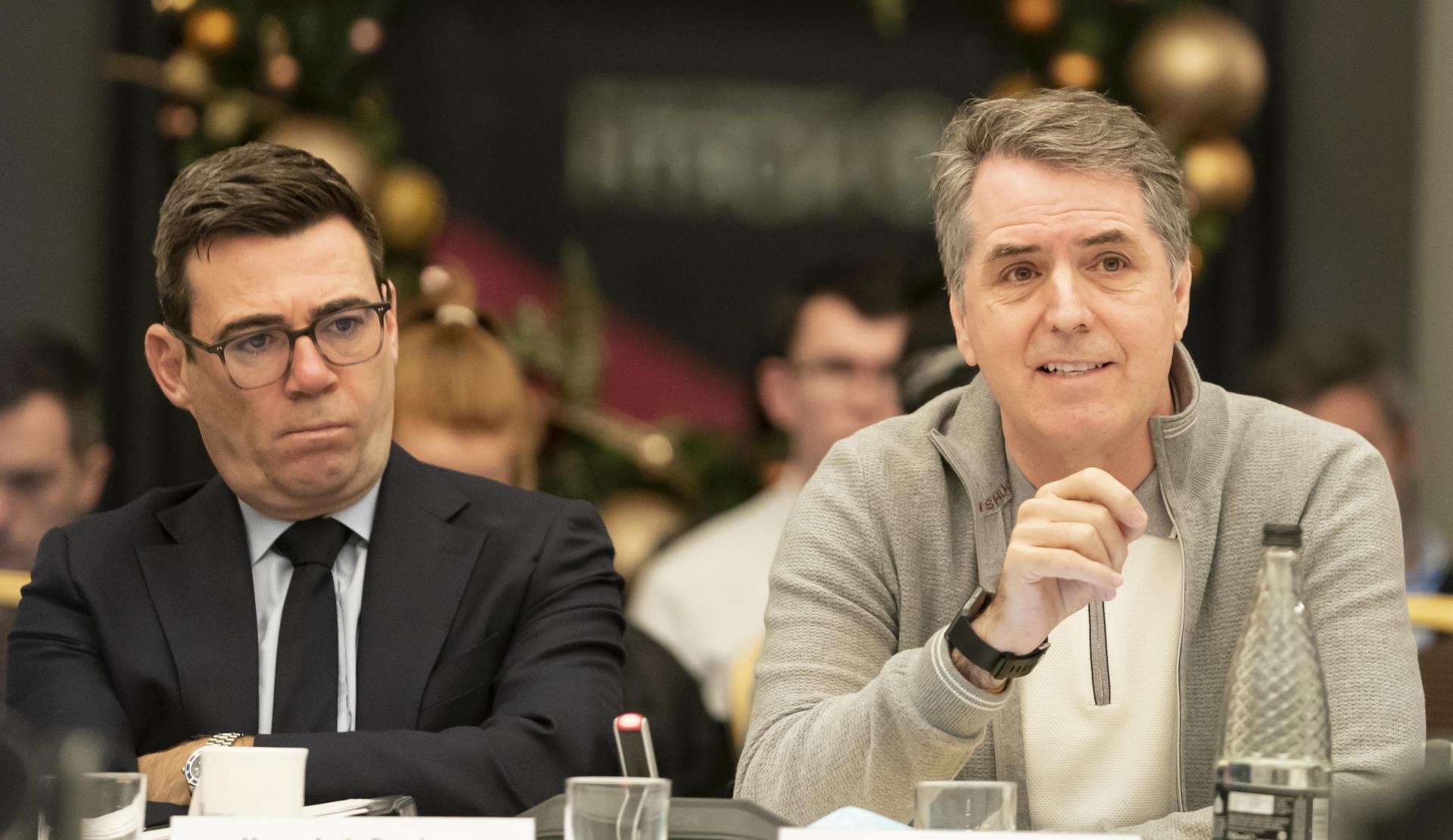
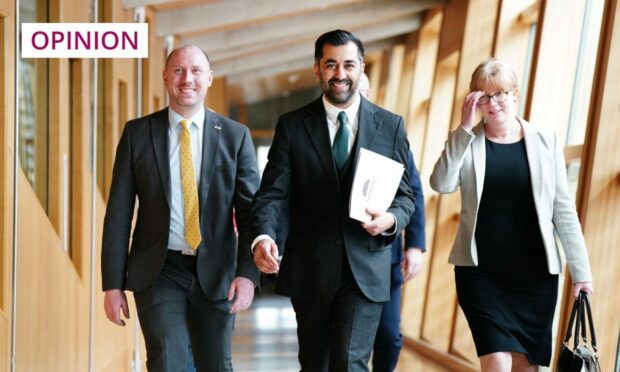
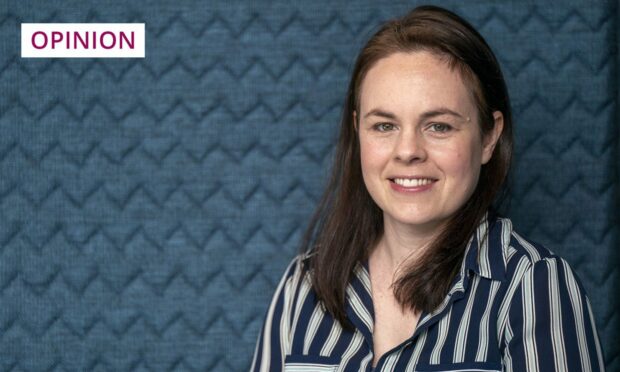
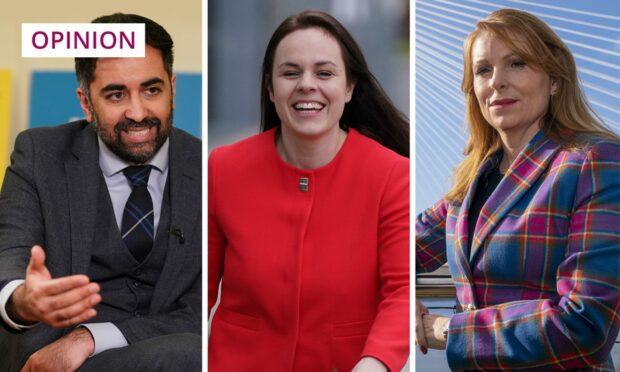
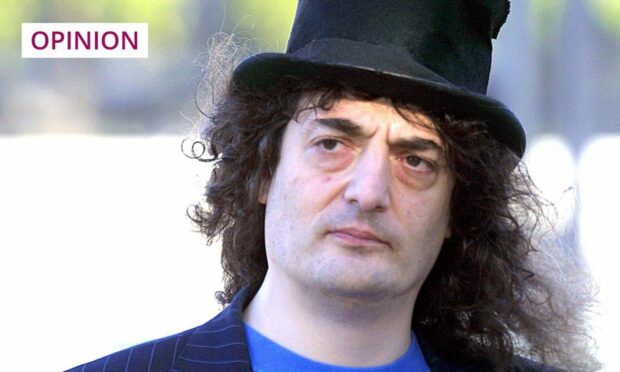
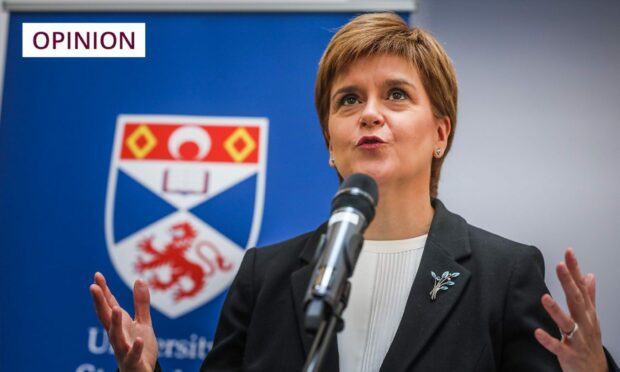
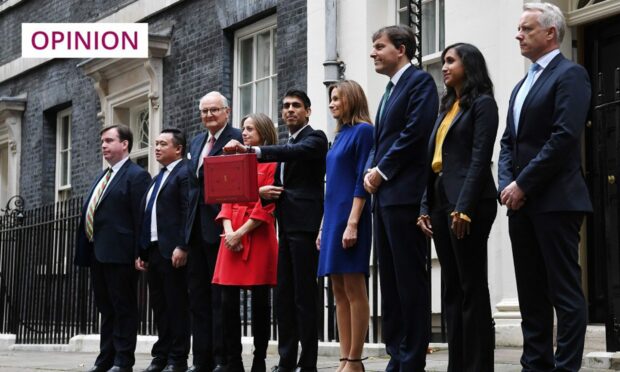
Conversation